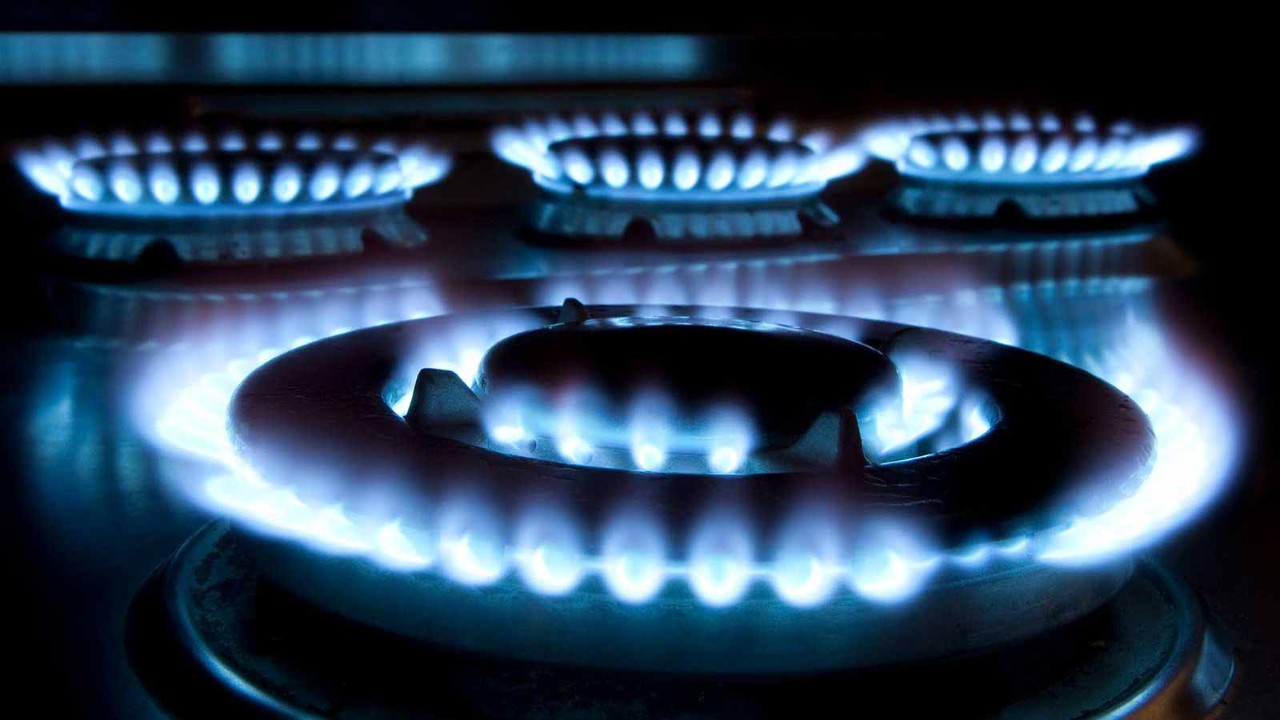
Energy support scheme
The temporary business energy support scheme has been enhanced to increase its uptake and extended to reflect the continuing high cost of energy supplies. The refinements were made through a combination of ministerial orders and the Finance Act 2023, which was signed into law on 15 May.
Businesses that did not qualify initially for the scheme are being encouraged to review the enhancements and consider whether they may now be able to benefit from it.
The key enhancements are:
- The qualifying energy cost threshold is now a 30% increase in the average unit price of natural gas/electricity (the previous threshold was 50%). The revised 30% threshold applies from 1 September 2022.
- The level of payment available under the scheme has risen from 40% to 50% of a business’s eligible costs for claim periods after 1 March 2023.
- The scheme has been further extended to 31 July 2023.
- The deadline by which businesses must make a claim has been extended to 30 September 2023.
- The monthly limit on aid under the scheme has increased to €15,000 per qualifying business in relation to a trade or profession, with an overall cap of €45,000 for a business carried on from more than one location. The increased limits apply from 1 March 2023.
Revenue has updated ROS to reflect the changes and has information on making claims, along with a calculator to help businesses determine whether they qualify and how much they could receive.
The kerosene scheme will require state aid approval from the European Commission
Kerosene scheme
Government has announced agreement on a scheme to assist businesses impacted by significant increases in the cost of kerosene heating oil, which, like liquified petroleum gas, does not qualify for the temporary business energy support scheme.
The Department of Enterprise, Trade and Employment will operate the scheme, through a third party, in conjunction with Enterprise Ireland. The kerosene scheme is currently being designed, but payments will be banded and at a flat rate, and based on businesses’ annual volume purchase of kerosene for heating during 2022.
Businesses that have received payments under the energy support scheme will be eligible to apply for the kerosene scheme as long as they have not already received the maximum payment under the energy support scheme. The kerosene scheme will require state aid approval from the European Commission and is expected to launch in the third quarter of 2023.
VAT
The Finance Act 2023 has amended the VAT Consolidation Act 2010 as part of a cost of living package to extend the 9% VAT rate on gas and electricity supplies to 31 October 2023, as well as to extend the 9% VAT rate for the hospitality and tourism sectors to 31 August 2023.
A zero rate of VAT for the supply and installation of solar panels for private homes was also introduced in the Finance Act 2023. This change is effective from 1 May 2023.
Debt warehousing
Last September, Revenue issued a compliance intervention notification to all taxpayers eligible for the debt warehousing scheme. The level 1 notification offered them a final opportunity to review their warehoused debt and disclose any previously undeclared liabilities for the warehoused periods. The deadline to make an unprompted qualifying disclosure and include those debts in the warehouse was 31 January 2023.
Participants in the debt warehousing scheme must meet tax return filing and payment obligations
Businesses with warehoused debt have until until 1 May 2024 to start making repayments. However, with interest now accruing at 3% a year on the debt (since 1 January 2023 for most businesses), those able to start repayments may want to consider doing so to minimise interest charges.
Revenue emphasises that it is critical that participants in the debt warehousing scheme remain up to date with their current tax return filing and payment obligations. Revenue has been very clear in press releases and engagement with practitioner bodies that businesses that don’t will lose the benefits of the scheme and have their debt referred to the Revenue sheriff for collection.
Businesses finding it difficult to pay their current liabilities should engage with Revenue’s collector-general’s division to work out an arrangement for payments and to help them stay in the debt warehousing scheme.
The updated Revenue information booklet on the warehousing of tax debts associated with Covid-19 outlines the significant benefits of the scheme, in paragraph 6, and the potential interest savings for taxpayers.
While every effort has been made to ensure the accuracy of this information, no responsibility for loss or distress occasioned to any person acting or refraining from acting as a result of the material contained in this email can be accepted by the Irish Tax Institute, the designer, authors, contributors or publishers. Professional advice should always be sought for your particular circumstances before acting on any tax issue.




